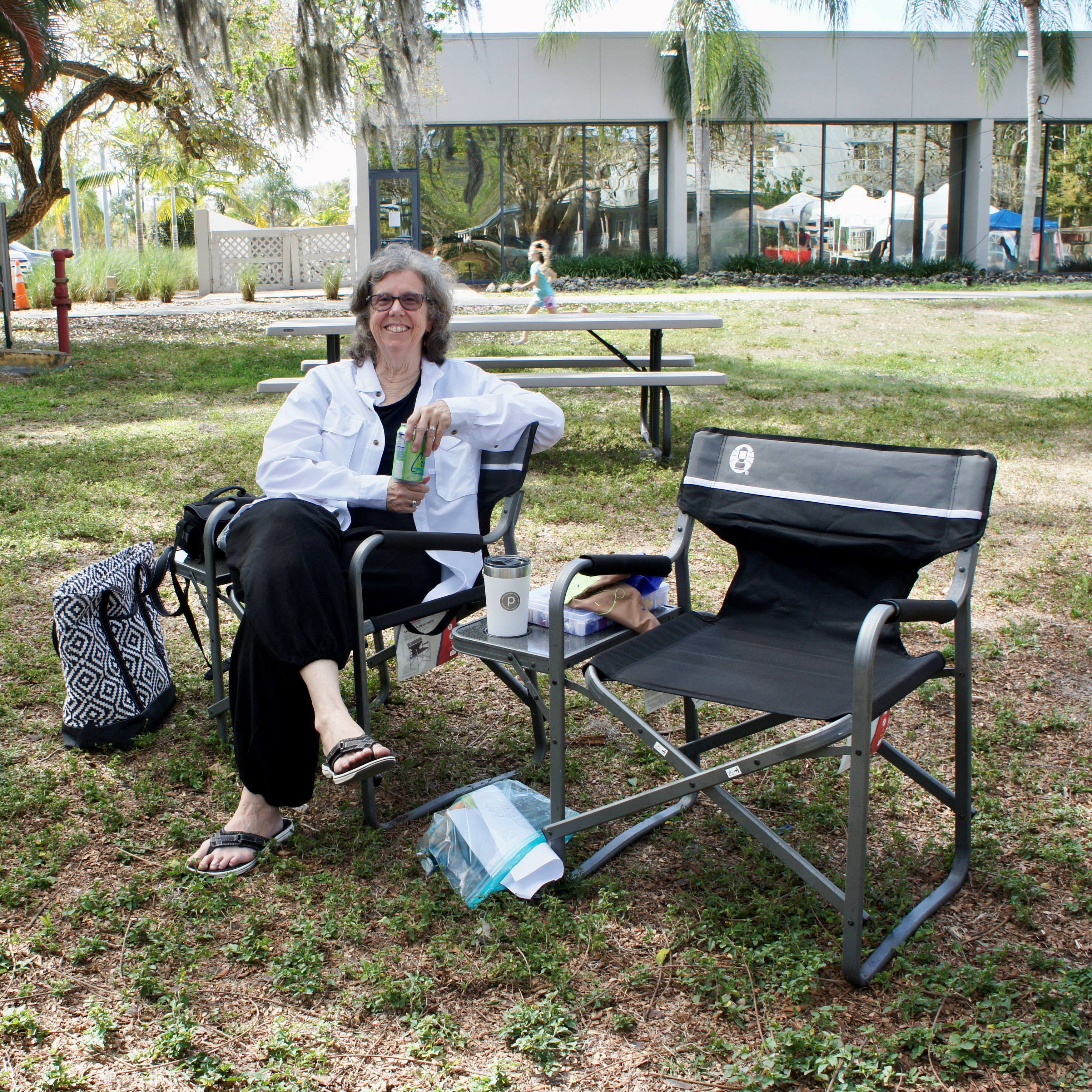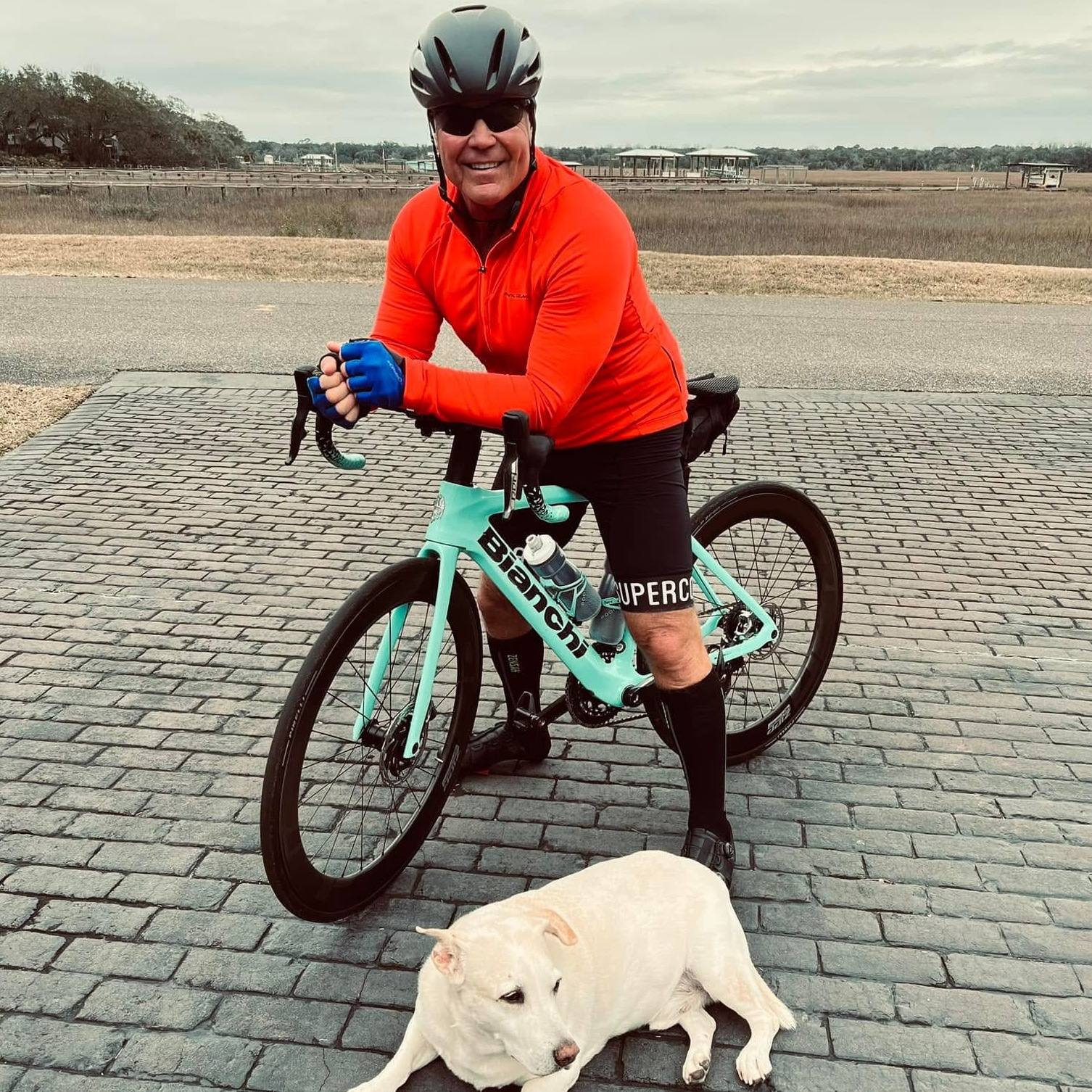
Calling Ning Chien "active" would be an understatement.
She enjoyed a healthy and busy life in Fremont, Calif., with her husband, Liang, and their son's and daughter's families nearby. Coming up on the calendar was a family trip to explore majestic Hawaii. But sudden sharp pain and an uncertain diagnosis of liver or pancreatic cancer seemed to indicate her active life was about to change.
In October 2008, Ning experienced sharp pains in her abdomen. Blood tests showed a highly elevated liver function panel, indicating something was seriously wrong. Local doctors recommended surgery to remove her gallbladder, but the cause of her pain was unclear. Then, a CT scan revealed tumors in her liver, pancreas, kidney and lungs, consistent with late-stage cancer. But biopsies did not capture useful cells to confirm a diagnosis. For three months, Ning had no answers.
Slim survival odds
Next, a surgical oncologist proposed abdominal surgery to confirm the diagnosis. He suspected pancreatic cancer. If that was the case, Ning's chances of survival for one year were 20 to 40 percent. She says the surgeon recommended removing her gallbladder, spleen, a kidney, and part of the pancreas and liver because they weren't functioning and posed a risk of becoming cancerous.
"This was truly a jolt, a wakeup call," says Ming Sun, Ning's daughter. "Mom's lifestyle has been very busy, very ambitious."
Relatives and friends were shocked by the prognosis. Ning's family prepared for the challenge. They posed for a family portrait taken by a professional. And Ning's son, Shaw, arranged a six-month leave from work to help care for his mother after surgery.
A new diagnosis
But Ning and her family were uneasy about surgery. They wanted a more comprehensive study of her symptoms and test results. An Internet search identified Mayo Clinic as a leader in pancreatic care. Gary Keeney, M.D., a Mayo Clinic pathologist, reviewed Ning's case and recommended she come to Mayo Clinic for a comprehensive assessment.
"It was Dr. Keeney's recommendation — from the heart — to absolutely come to Mayo Clinic, that made our decision for us," says Ming. "He spoke of the whole system, not just the doctors and nurses, but the whole Mayo system working together."
Ming flew with Ning to Rochester, Minn., the next morning. The day after her arrival, Ning was seen by Santhi Swaroop Vege, M.D., a specialist in pancreatic diseases. Meanwhile, Shaw's family and Liang decided to proceed with the Hawaii trip as a way to cope with their anxiety.
"As soon as we talked with Dr. Vege, we were completely at ease," says Ming. "He had studied the reports and imaging films mom had sent ahead and had already consulted with several radiologists and pathologists."
Dr. Vege said the tumors looked like cancer, but there was a small possibility that Ning had another rare condition. For a definitive diagnosis, the Mayo team used a specialized blood test and two types of biopsies — fine-needle aspiration and core biopsy of the pancreas — to obtain useful cells.
Within 24 hours after the procedure, results were back. Ning had IgG 4 systemic disease, commonly called autoimmune pancreatitis. The condition involves multiple organs but usually responds well to medication. Often misdiagnosed as pancreatic cancer, autoimmune pancreatitis is a form of chronic pancreatitis.
Ning and Ming headed back to California to meet and celebrate with their family, now home from Hawaii.
Cured in one month
One month later, Ning returned to Mayo Clinic for follow-up. The masses had disappeared, and blood tests were almost back to normal. This excellent response to the medication reconfirmed the diagnosis.
The key to diagnosing Ning's condition quickly and accurately lay in Mayo's model of integrated, multispecialty care. Interpreting samples and determining treatment are team activities, says Dr. Vege, and Mayo Clinic pancreatic disease specialists work with one of the largest pancreas groups anywhere. The group includes pancreatologists, radiologists, pancreatic surgeons, pathologists and researchers.
"This collective expertise and wisdom work for the benefit of the patient," says Dr. Vege. "For Mrs. Chien, it meant a quick recovery instead of major and unnecessary surgery."
"From a 20 to 40 percent survival rate to a cure in one month," says Ning. "The sky seems bluer and the air smells fresher." Soon after her follow-up visit, Ning's extended family gathered to celebrate the good news.
Now, Ning is officially back on the go. She missed Hawaii but she's headed to a class reunion in Beijing, where she plans to share what she calls a miracle. "Everyone will hear about Mayo Clinic," she says. "Mayo has an excellent scientific approach and an efficient system. I will share my good experience."
Related Articles







